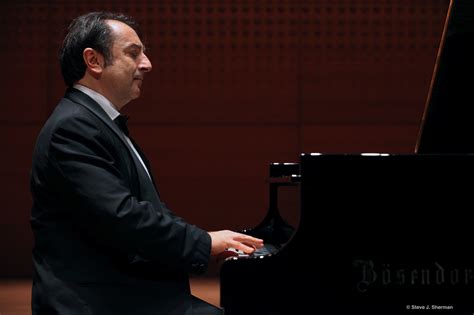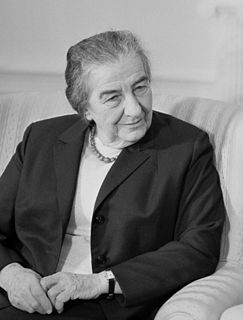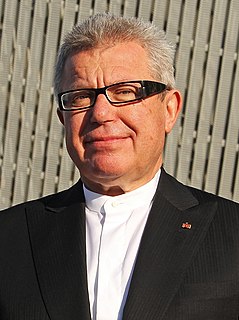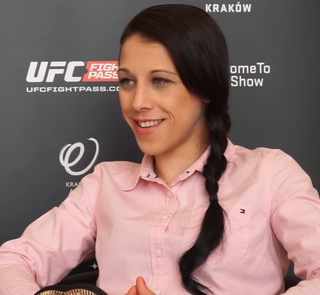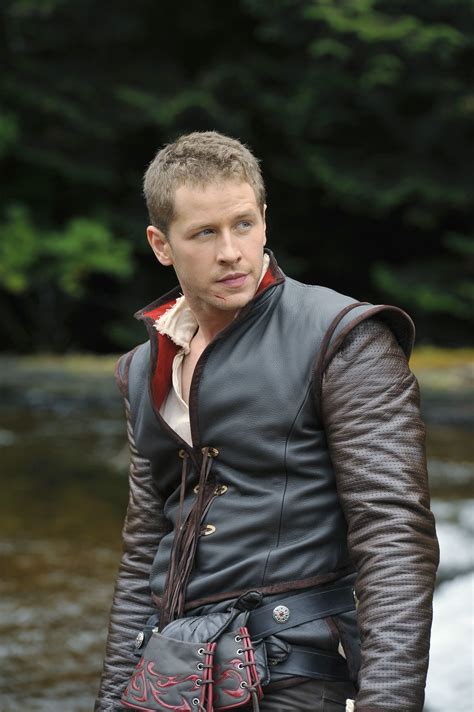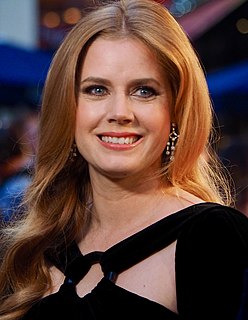A Quote by Amitava Kumar
Michael Ondaatje’s work taught me how to be at home in fragments, and how to think about a big story in carefully curated vignettes. All his books were odd, all of them ‘unfinished’ the way Chopin’s Études are unfinished: no wasted gestures, no unnecessary notes.
Related Quotes
I always believed that my work should be unfinished in the sense that I encourage people to add their creativity to it, either conceptually or physically. Back in the 1960s, I was calling for 'Unfinished Music,' number one, and number two, with my artwork - I was taking unfinished work into the gallery. And that's how I was looking at it.
My best experience as a writer was working with Michael Ondaatje. He let me dismantle his novel, reimagine it, and still had dinner with me and gave me good notes. But the best thing about writing has been the writer's life, the sense of being expressed, the ownership of the day, the entirely specious sense of freedom we have, however slave we are to some boss or other. I wouldn't trade it for any other life.
I think that actually the rhythmic nature of picture books and of young reader story books is a way to help kids fall in love with language and what you can do with it and how it sounds in your range. It sort of has a musicality but on the other hand they get the story and the ideas and the context of it. I think it's a way to get kids into it and I also think that when kids are around people who love books it rubs off on them.
For notes related to books I'm writing, I've wondered whether I should organize my notes better, but I do find that the action or scrolling through them and seeing odd juxtapositions of ideas helps to stimulate my own ideas and creativity. I worry that if I kept the notes in a highly-structured way, I might lose some of these benefits.
As my father taught me, and he drove home that point, he said, 'Just remember something. You don't need to tell anybody how good you are. You show them how good you are.' And he drove that home with me. So I learned early not to brag about how good I was or what I could do but let my game take that away and show them that I could play well enough.




